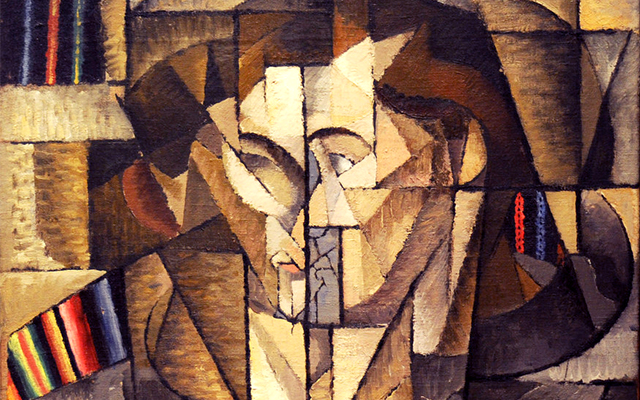Pt. Varishtha Persad, Director, SWAHA International
You are a fragmented being, whether you believe it or not. It is a part of the schizophrenic nature of the human condition. From evolutionary, scriptural, pseudo-scientific or amateur research, your natural condition is creating an inner turmoil that makes it difficult to simply live. Living amongst others, in new environments, or with the changes in your life that comes with age, career and personal relationships, you will find aspects of yourself conflicting constantly as your mental and emotional being develops, or is forced at times to develop to survive. In the traditions and teachings of Sanaatan Dharma, a revision and re-interpretation has now become extremely necessary for understanding this phenomenon as people try on a daily basis to balance the stresses in their individual lives. There are many images and representations of the divine, allowing little children who are lucky enough to see them in their households to internalize, that God can be worshipped in different forms and each form exercises an identity based on time, place and circumstance. This simple idea is probably the most miscommunicated and sometimes overlooked message in Hinduism.
Apart from the social, cultural and most importantly, the historical reality of Trinidad and Tobago, the people of our country are failing at meeting the standards of what could be a successful society. Despite our very unfortunate circumstances, which have also been the common reality of many societies around the world, Trinidadians are struggling with higher rates of mental diseases than anywhere else. The easiest to blame would be the religious priests and support systems meant to foster and maintain a moral society; however, the trauma of being so fragmented and losing the memory of who we are, continue to plague generations, post-slavery and post-indentureship. Hinduism is not failing our people, people are failing at being Hindus.
The many incarnations of the divine creates additional avenues for people to internalize the vastness and layers of his being. The perfect example would be Hanuman Baba and the curse that forced upon him, ignorance of his true self. The ignorance of the higher self does not mean absence of the higher self. It simply means that discovery is necessary and possible. These mini narratives hold some of the greater lessons for us to read and internalize. Most people live with a restricted understanding of themselves as human beings in their immediate social network and environment. As these people do so out of ignorance, some elect to deliberately become this singular identity and maintain this false sense of self because it allows them to simply exist. The fragmented parts of our identity are fused incorrectly and deters us from reaching this elevated sense of self. People who fall under this category are easy to identify. They make excuses constantly and live with very little balance between the mental, social, spiritual and physical aspects of their lives. In most cases, the spiritual aspect is never a priority and is the first to be affected. Doing puja once a year, attending temple irregularly and no consistency when following traditions and performing rituals are symptoms of this imbalance.
The advice would never be detachment from those around us or from what allows us to live and sustain our families. The advice is to live amongst attachments in a detached way. The multiple identities that we form and exercise in our daily lives should be weaved intricately to further our progression from our mortal state to the divine state. If we do not make this shift then society will remain in a regressed state, much like what our country at present is undergoing. Is there any bright future ahead? Always, our religion and understanding of time is cyclical and revolves around the positive and negative. We have to become the agents of change and continue to hope that a positive move forward will have the desired domino effect.



